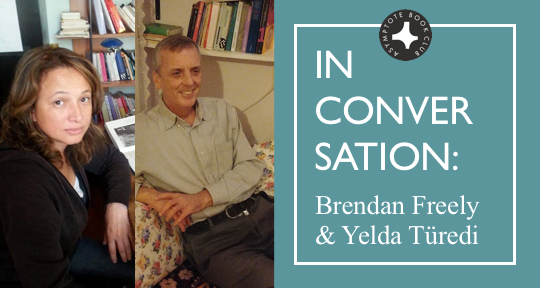This week, an exhibition honouring an iconic poet resonates with contemporary social movements in Peru, and a play causes quite the stir in Bulgaria. Read on to find out more!
Xiao Yue Shan, reporting from Peru
At the Casa de la Literatura Peruana (House of Peruvian Literature), space has appropriately been made for a poet who never wavered in his conviction of literature’s physical presence. Alejandro Romualdo (1926-2008) was a key figure of the Generación del 50—a Peruvian literary movement dedicated to a social ars poetica that would address daily realities and further political agency, formed amidst the dictatorship of Manuel Odría. Though few beyond the country will have knowledge of the power and continual influence of Romualdo’s works (which are regrettably yet to appear in English), this new exhibition, ‘Alejandro Romualdo: En la extensión de la palabra (in the extension of the word)’, firmly establishes the poet’s legacy, multiplicity, and role in shaping the Peruvian poetic landscape. Moving through not only his written works but his prolific activities as a graphic designer, humorist, cartoonist, and revolutionary, the brief but wide-ranging collection reveals a writer deeply embedded in the consciousness of his country.
‘The extension of the word’ is the title of Romualdo’s 1974 collection, which saw its writer interrogating poetry’s materialism for what more it could give to a world that demands a continuously evolving application of language. Working with concrete poetics, polyphonic constructions, and techniques of montage, Romualdo equalised the blank space of the page to the air—that which is both a separation and a link. In this era, he conceptualised the poetic form as a space where disparate or even antithetical ideas are held in a closed frame, thereby demonstrating the mind’s capacity to travel back and forth between them, uniting them as a single conceivable reality. Distance is relative in these poems, something easily breached by a long vowel sound or a dangling, dismembered line. READ MORE…


